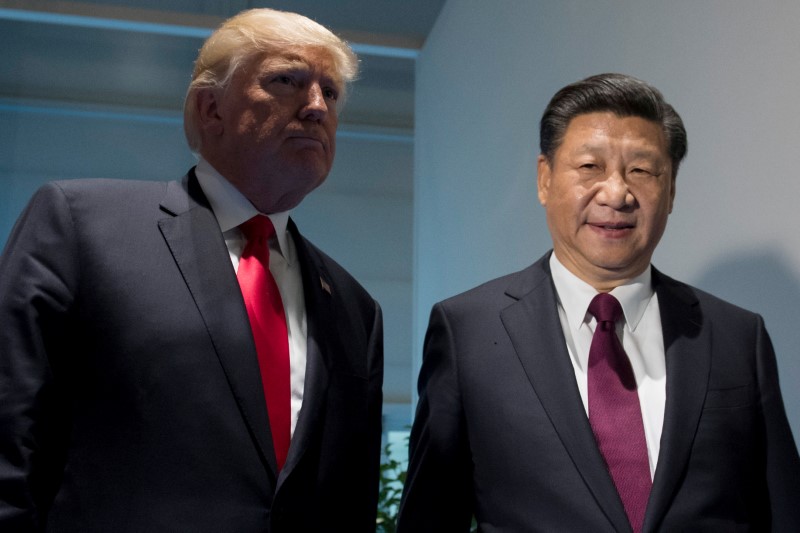(Bloomberg) -- Even signs that trade discussions between the U.S. and China are still ongoing are doing little to assuage the discontent that’s settled on Asian markets.
While news that top Chinese and American trade officials talked over the phone helped the region’s shares almost erase early Tuesday losses, the MSCI Asia Pacific Index soon headed back in the red. S&P 500 Index futures showed a similar trading pattern.
There’s been a deluge of bad news in recent days -- from the unsolved case about the arrest of Huawei Technologies Co.’s chief financial officer to the surprise exit of India’s central-bank governor on Monday evening -- and the optimism seen after the 90-day trade truce between the U.S. and China is far gone. Since Dec. 3, Asian stock markets have already lost more than $1 trillion in market value, with the regional gauge trading at a six-week low.
The big hit on Tuesday came of course from India, after Urjit Patel quit the Reserve Bank of India as a governor amid a rift with the government. The benchmark S&P BSE Sensex Index fell as much as 1.5 percent as the rupee -- already Asia’s worst-performing currency this year -- slumped. Now concerns are growing over the country’s monetary policy, both foreign and domestic, just as political uncertainty grows ahead of a general election next year, adding the potential for more volatility in the equity market. Results from state votes are due Tuesday.
And the bad news doesn’t stop there:
- U.K. Prime Minister Theresa May called off a crucial vote in Parliament on whether to approve her Brexit deal and will head back to Brussels to seek a better offer from the European Union.
- The yuan’s 10-day volatility surged above 8 percent Monday, the highest level since August 2015.
- Japanese stocks declined as a rally in U.S. technology shares wasn’t enough to offset a host of global economic and political concerns.
South Korea’s Kospi index traded between gains and losses Tuesday, with Samsung (KS:005930) Biologics Co. heading for a record jump as it avoided a delisting from the stock market. In Southeast Asia, Philippines shares ended a four-day losing streak. Data showed the nation’s trade deficit widened more than estimated.
Stock-Market Summary
- Japan’s Topix index down 0.8%; Nikkei 225 down 0.3%
- Hong Kong’s Hang Seng Index down 0.1%; Hang Seng China Enterprises down 0.5%; Shanghai Composite up 0.3%
- Taiwan’s Taiex index up 0.6%
- South Korea’s Kospi index little changed; Kospi 200 down 0.2%
- Australia’s S&P/ASX 200 little changed; New Zealand’s S&P/NZX 50 up 0.1%
- India’s S&P BSE Sensex Index down 0.9%; NSE Nifty 50 down 0.9%
- Singapore’s Straits Times Index down 0.4%; Malaysia’s KLCI down 0.4%; Philippine Stock Exchange up 0.7%; Jakarta Composite down 0.5%; Thailand’s SET down 0.5%; Vietnam’s VN Index down 0.3%
